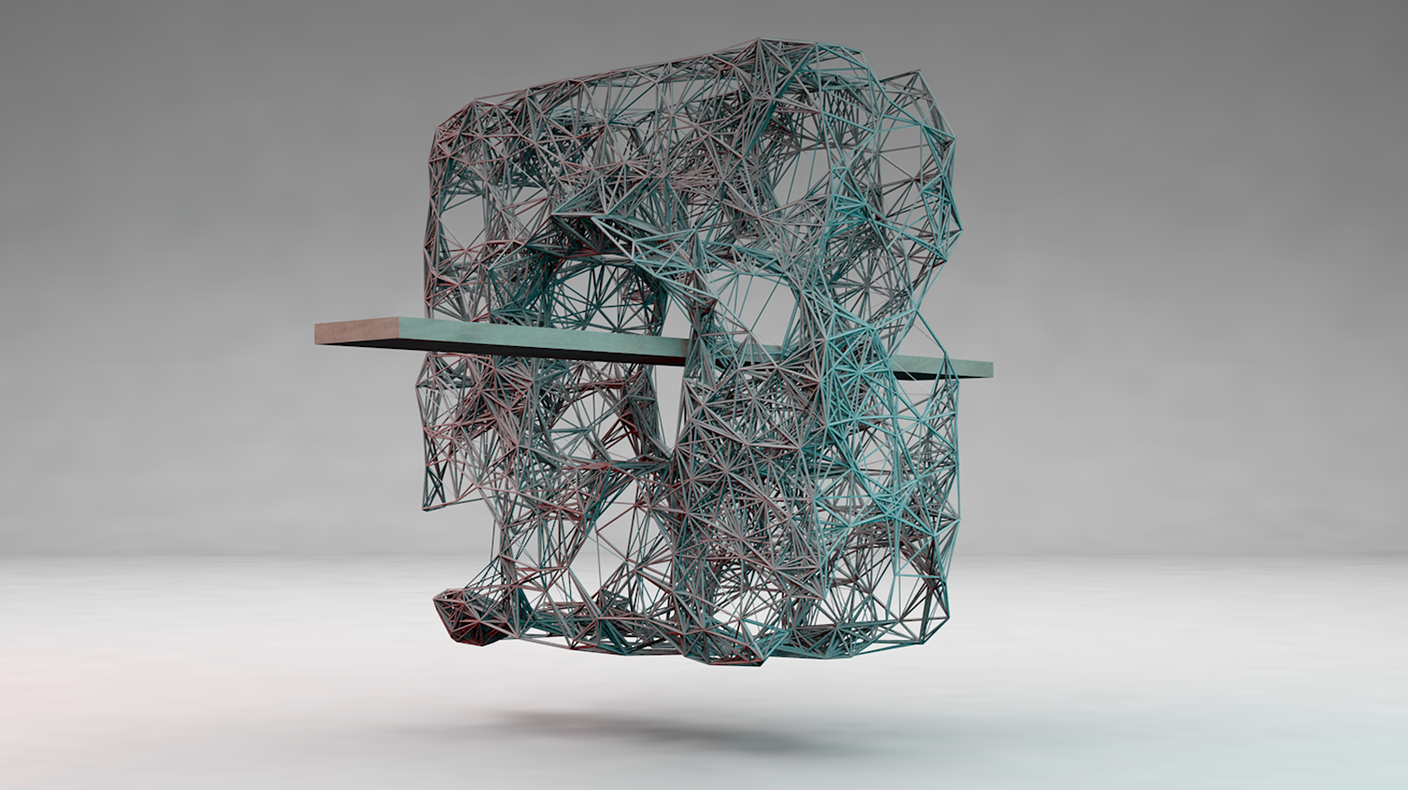Artificial Intelligence offers real advantages

With the acquisition of US scanner specialist Lucidyne Technologies, MiCROTEC has taken a big step forward in the field of artificial intelligence (AI).
The company has pooled the AI knowledge of its various branches – from Italy, Finland and Sweden to America – and integrated the MiCROTEC Ai deep learning platform into all MiCROTEC quality scanner solutions, thereby offering customers even better sorting results.
It has been nearly 30 years since Patrick Freeman started his career at Lucidyne Technologies in the US state of Oregon. Since then, the computer scientist has seen numerous trends in scanner technology come and go and always chose the best solutions for Lucidyne and for the timber industry in general. Freeman has devoted himself to machine learning methods for artificial neural networks for almost as long, and to deep learning AI for nearly ten years.
“We have been working with artificial intelligence since 1987. Already five years ago, we built the first industrial scanner as a complete solution using deep learning AI technology,” Freeman tells us, who was CTO of the company until the acquisition by MiCROTEC two years ago. Today, Freeman is MiCROTEC’s Group CTO and currently in the process of pooling the AI knowledge of MiCROTEC’s various branches on one platform, thereby taking the possibilities of deep learning AI in the timber industry to a new level.
One step ahead
According to Freeman, the key to the successful use of deep learning AI is a large amount of the right data, the right tools and a team of the right people who know what needs to be done. “In 2012, AlexNet, the best-known deep learning convolutional neural network, was launched for the processing of image data. We wanted to introduce this new technology to the timber industry as quickly as possible, at which we succeeded. Ten years ago, students developed AlexNet. Today, we have an experienced team and a large data pool to draw from. Thanks to these framework conditions, we are one step ahead today,” Freeman tells us and adds that the handling of AI also plays a key role: “We have made the use of the deep learning AI as simple as possible for customers. Our web-based application QCassist supports them and us in the automated collection of data, which are then used to train our networks.”
For all scanners
Deep Learning AI is now part of all MiCROTEC products, whether they are designed for log wood, lumber or planed timber. “Everyone knows ‘Intel Inside’ in connection with computers. We could call it ‘MiCROTEC AiInside’,” Freeman says, drawing a comparison. For the CTO, this includes all scanner solutions by MiCROTEC Linköping (formerly WoodEye) and MiCROTEC Espoo (formerly FinScan). “Some of the characteristics of wood are easier to recognize and don’t require AI. As for the rest, AI will help us and customers achieve even better sorting results in the future,” Freeman explains.
On both sides of the Atlantic, people and machines alike tend to classify lumber as being of lower quality than it actually is just to be on the safe side. “Anyone who sells a scanner has to ensure that certain quality requirements of the various grading classes are met. With MiCROTEC Ai, we can also make sure that hardly any wood is graded too low in terms of its quality, saving our customers a lot of money as a result,” Freeman says, naming one possible application for this technology.
When it comes to log wood, MiCROTEC Ai not only supports the scanner in the assessment of wood defects, such as dead knots, resin pockets or compression wood, but also helps to determine the exact volume in winter. “When there is frozen snow on the logs, their volume is often overestimated. Using MiCROTEC Ai, the scanner can distinguish snow much better from wood and measure the logs more precisely,” Freeman explains.
The CTO also gives the optical grading of parquet boards as another possible use case: “MiCROTEC Ai recognizes certain patterns that are aesthetically desired, thereby ensuring appealing surfaces. Until now, no scanner has been able to do that.”
Big database
For the creation and further development of its AI platform, MiCROTEC uses all the different sensors of its scanners. “This allows us to collect all the necessary data so that our AI can learn in the best possible way. Then, we just need the right tools to process the data and as many samples as possible so that the AI keeps getting better,” Freeman explains.
When developing AI for a new type of wood, MiCROTEC does not have to start from scratch every time, though. “Our large database usually contains data on similar types of wood which often have comparable properties and characteristics. We use them as a starting point and usually achieve good results very quickly,” Freeman says, explaining the process. One of the challenges that all AI developers work hard on is underrepresented data on events which are relatively rare but can cause great harm nevertheless.
“In the case of autonomous driving, this can be another vehicle that doesn’t stop at a red traffic light. In the timber industry, a rare wood defect that has a significant negative impact on the mechanical properties can be such a rare event,” Freeman explains and adds that the use of simulations, i.e. digitally created logs, can produce very good results in those cases.
Just the beginning
Even though some of the potential for optimization has already been exploited thanks to these developments, MiCROTEC is convinced that they are just the beginning. “At the 2023 Ligna fair, we will show the industry what else MiCROTEC Ai has in store,” Freeman announces, looking to the future.
The full article from TIMBER-ONLINE can be found here.







